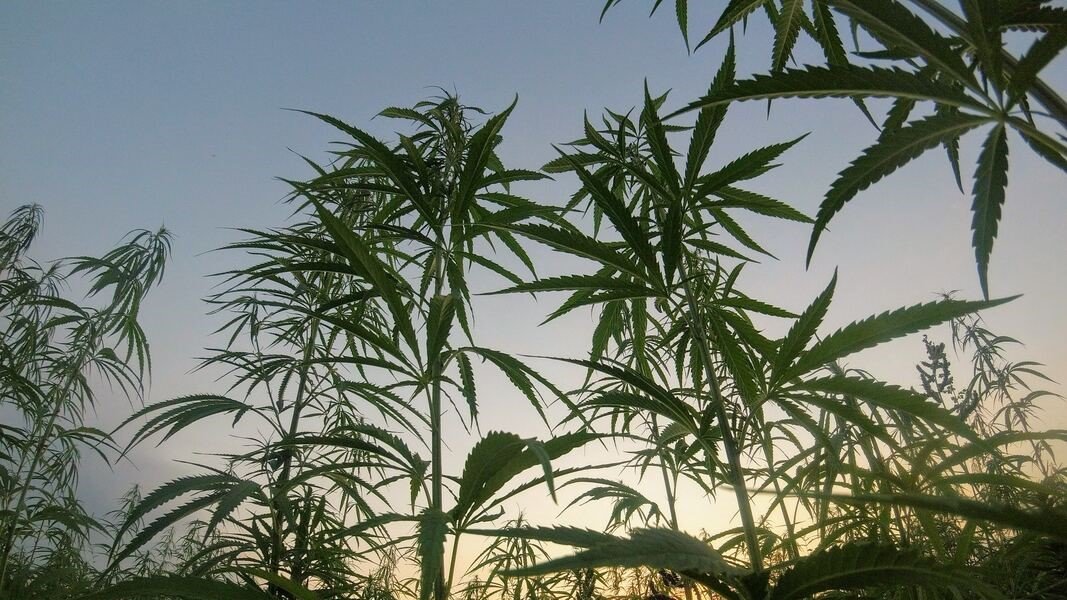Marijuana is Not Harmless
Legalization
Right now, 33 states have legalized medical marijuana, while 10 have legalized recreational marijuana. Advocates for legalization believe that legalizing the drug may reduce use and make its use safer. Critics argue that legalization will make marijuana more easily accessible, which will result in increased use, misuse, and abuse.
It’s too early to say whether legalization has resulted in increased marijuana use and research on the topic is inconsistent. The RAND corporation found a correlation between legalization, increased marijuana use, and increased dependence. However, Columbia University’s Mailman School of Public Health found increased use of marijuana, but lower rates of marijuana dependence.
Marijuana vs Alcohol
Alcohol has been legal in all 50 states since the end of prohibition in 1933. Effects of alcohol on public health and safety are arguably more dangerous than marijuana. For example, liver damage, fatal care crashes, and anger outbursts that could lead to violent behaviors. Marijuana use is not harmless though. Daily marijuana abuse can increase depression and anxiety.
Marijuana and Depression
Although marijuana is legal for medicinal purposes in 33 states, this system tends to get abused. Patients are prescribed marijuana for medical conditions that marijuana is not meant to treat, such as depression. Many patients claim that medical marijuana alleviates their depression and those who use it recreationally often use it for mood enhancement.
However, daily abuse of marijuana over time can increase depression. This is because your body builds a tolerance to any substance that you use daily. The stronger your tolerance gets, the less mood enhancement effect you will receive from the drug.
Furthermore, marijuana affects the processing of emotions. Researchers at Colorado State University conducted a 2-year study and found that marijuana users may have a reduced ability to implicitly identify emotions and to empathize on a deeper emotional level. Emotional connection and empathy play a vital role in cultivating meaningful relationships. Marijuana can impair these processes, which could result in increased social isolation. Furthermore, social isolation maintains depression and is a catalyst to increased depression.
Marijuana is a “Manageable” Addiction
From a harm reduction standpoint, Marijuana is one of, if not the least harmful mind-altering substance one can be addicted to. Due to its less overtly harmful nature, it tends to be more “manageable” when compared to other addictions. For example, alcohol abusers will “blackout” and hurt themselves or others. Marijuana users eat too much food and go to bed. Unfortunately, it is still harmful in its own way. It distorts how we view ourselves, others, and the world around us. It can make us withdraw socially. It can make us feel apathetic, unmotivated, and depressed. Days turn into months, months turn into years, and we end up watching our life pass us by as we sit in a cloud of smoke.
Getting Help
Marijuana addiction can be different to other substance addictions since it is lower on the totem pole for risky behaviors. Finding a recovery meeting tailored specifically to marijuana, such as Marijuana Anonymous can be beneficial for those who struggle with relating to harder drug addictions (meeting directory: https://www.marijuana-anonymous.org/find-a-meeting/).
If one-to-one support is your method of preference, counseling is a good approach. A therapist can help guide you through the early stages of sobriety.

